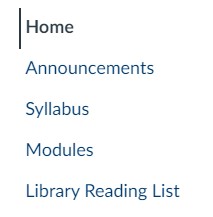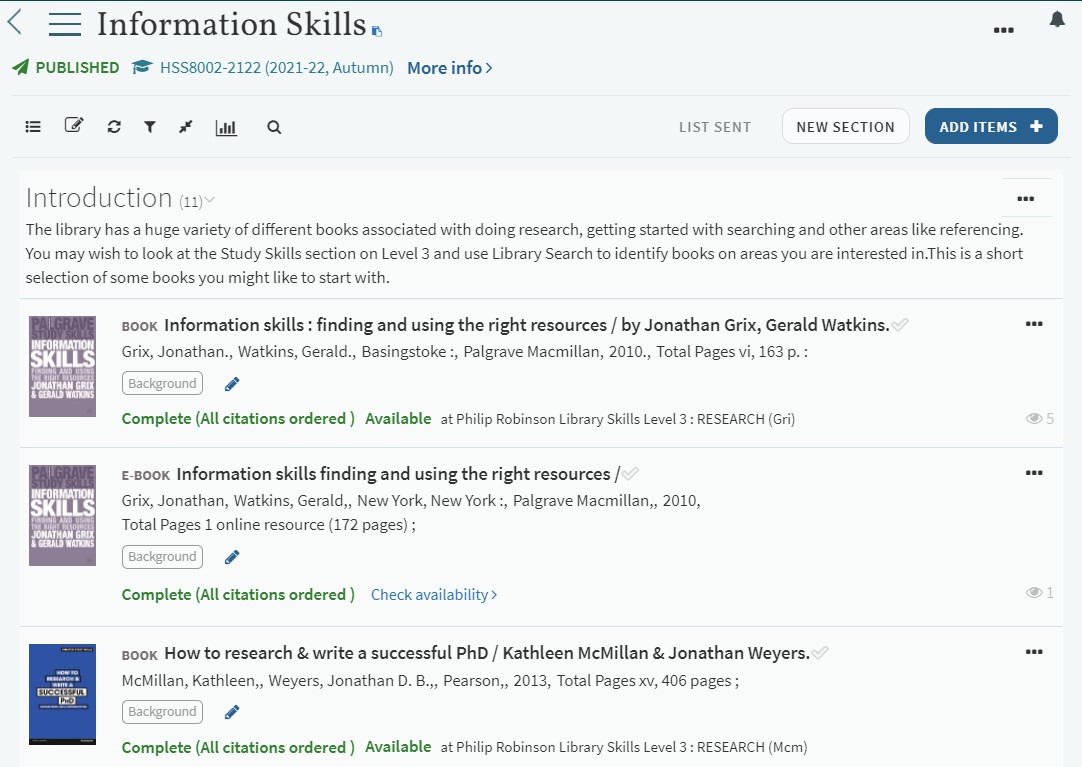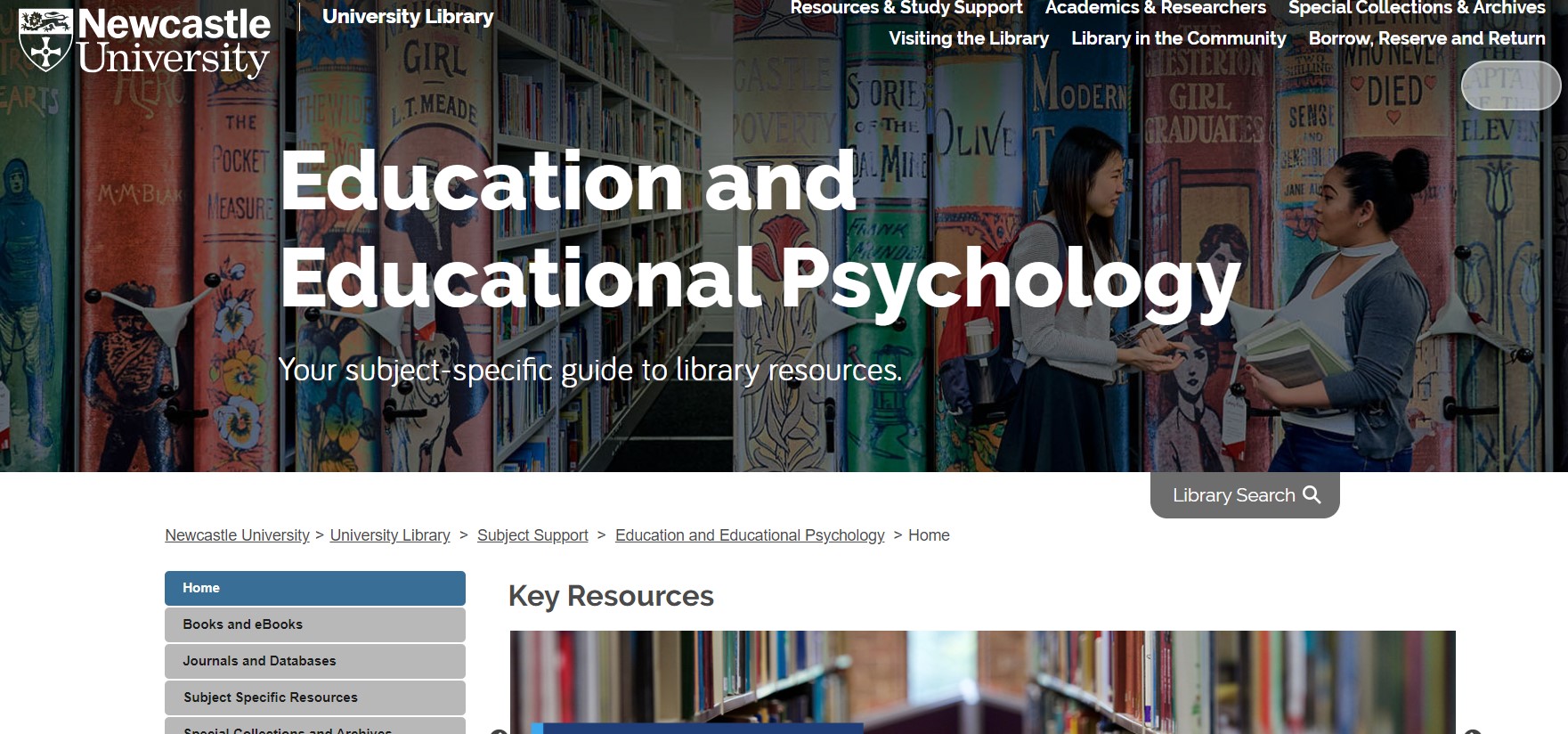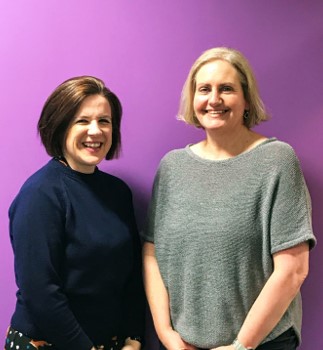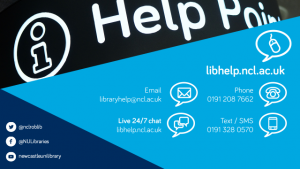 Are you preparing a dissertation or project, or will be doing so soon?
Are you preparing a dissertation or project, or will be doing so soon?
Make sure you visit our brand new interactive dissertations and project toolkit. Based on the extensive experience of staff from the Library and Writing Development Centre, our new guide includes an interactive search planner, which takes you through the different stages of developing your search strategy, and enables you to create and download your personalised search plan.
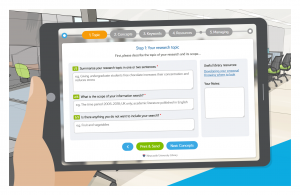
The search planner is complemented by a project proposal planner, developed by our colleagues in the Writing Development Centre, to help you develop or refine your research proposal.
The guide also points you to further advice on a wide range of relevant skills, such as finding, managing and evaluating information. It also directs you to the key information resources for your subject area.
It’s easy to navigate, with clear text and short videos throughout. We hope you find it helpful, and if you’ve got any feedback, please let us know.

